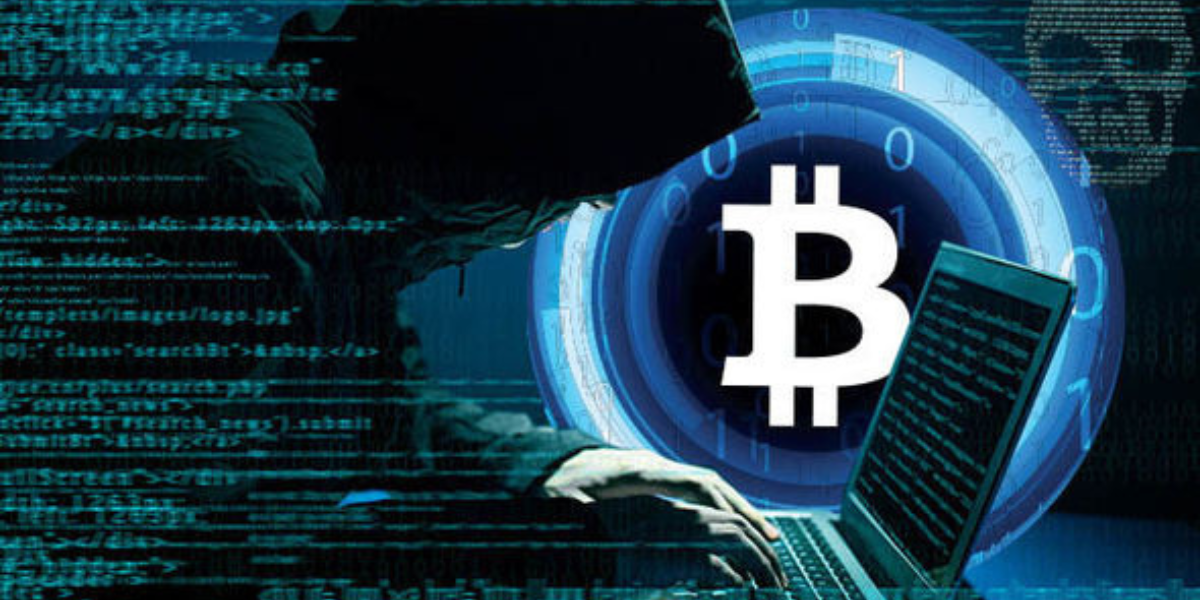Cryptocurrency is booming. From Bitcoin to Ethereum, millions of people now use crypto to invest, trade, and even shop online. But there’s one major concern that never goes away: hackers.
Yes, hackers are always on the lookout for a chance to steal your coins. Once your crypto is gone, it’s almost impossible to get it back. That’s why keeping your crypto safe should be your number one priority.
Don’t worry though — you don’t need to be a tech genius to protect yourself. In this guide, we’ll break down the best and simplest ways to keep your crypto safe from hackers in 2025.
🔒 1. Use a Hardware Wallet (Cold Wallet)
If you’re serious about crypto, get a hardware wallet. These are physical devices that store your private keys offline — away from the internet.
Why is this important?
Because if your private keys are not online, hackers can’t reach them.
Some of the best hardware wallets today are:
-
Ledger Nano X
-
Trezor Model T
-
SafePal S1
They cost a bit, but the peace of mind is priceless.
📱 2. Enable Two-Factor Authentication (2FA)
Most crypto platforms allow you to set up 2FA. It adds an extra layer of security.
Here’s how it works:
-
You enter your password (that’s step 1).
-
Then, a code is sent to your phone or authenticator app (that’s step 2).
Even if a hacker knows your password, they won’t get in without the 2FA code. Use apps like Google Authenticator or Authy instead of SMS for better protection.
🧠 3. Never Share Your Seed Phrase
Every wallet gives you a seed phrase (also called a recovery phrase). This is the master key to your wallet.
If someone has your seed phrase, they own your crypto.
Never share it. Never type it online. Never store it in an email or cloud. Write it down on paper and store it in a safe place — or use a metal backup.
💻 4. Avoid Phishing Scams
Hackers are getting smarter. They send fake emails or messages that look like they’re from real crypto companies. These emails often say things like:
“Your account is at risk! Click here to secure it.”
Once you click, they steal your login info.
Here’s how to avoid phishing:
-
Don’t click suspicious links.
-
Double-check the website URL.
-
Only log in through the official website.
-
Use bookmarks for crypto sites you visit often.
🧠 5. Use a Strong, Unique Password
Don’t use “123456” or “password” as your crypto password. That’s just asking for trouble.
Create a strong password that includes:
-
Uppercase and lowercase letters
-
Numbers
-
Symbols
-
At least 12–16 characters
Use a password manager like Bitwarden or 1Password to keep track of all your crypto login details safely.
📵 6. Stay Off Public Wi-Fi
Free Wi-Fi at cafés, airports, or malls might seem convenient — but it’s also a hacker’s paradise.
If you’re checking your crypto wallet or making a transaction, always use mobile data or a trusted, secured Wi-Fi connection.
If you really have to use public Wi-Fi, use a VPN (Virtual Private Network) like NordVPN or ProtonVPN to hide your activity.
🛠️ 7. Keep Your Software Updated
Old software = easy target.
Hackers look for bugs in outdated wallets, browsers, and operating systems.
To stay safe:
-
Update your crypto wallet apps
-
Update your phone and computer OS
-
Use an antivirus software
-
Install browser security extensions
It takes just a few minutes to update, but can save you from big losses.
🌐 8. Use Reputable Platforms Only
Not all crypto exchanges and wallets are safe.
Stick to well-known, trusted platforms like:
-
Binance
-
Coinbase
-
Kraken
-
Trust Wallet
-
MetaMask
Before using any new app or exchange, Google reviews, check Reddit threads, and make sure they have solid security features.
🧊 9. Spread Out Your Crypto
Don’t keep all your crypto in one place. That’s like putting all your money in one wallet and dropping it.
Instead, diversify:
-
Keep some in a hardware wallet
-
Some in a mobile wallet for daily use
-
Some on a trusted exchange (if you trade regularly)
That way, if one wallet gets hacked, you don’t lose everything.
🧠 10. Stay Informed
The crypto world changes fast. New scams pop up all the time.
Follow crypto security blogs, Reddit communities like r/CryptoCurrency, or YouTube channels that cover crypto safety. Being informed is your best defense.
🔚 Final Thoughts
Crypto gives us freedom, but with freedom comes responsibility.
You don’t need to be a cybersecurity expert — just follow the basic steps above to keep your digital assets safe from hackers.
Remember: If you lose your crypto to a hacker, no bank will help you. It’s gone. So take your security seriously, and stay one step ahead.
Important Links


